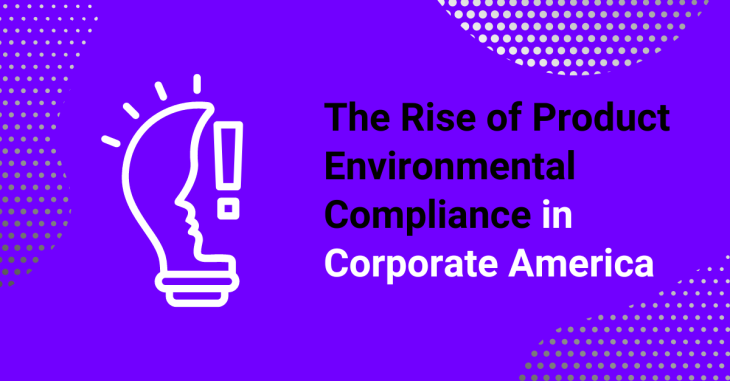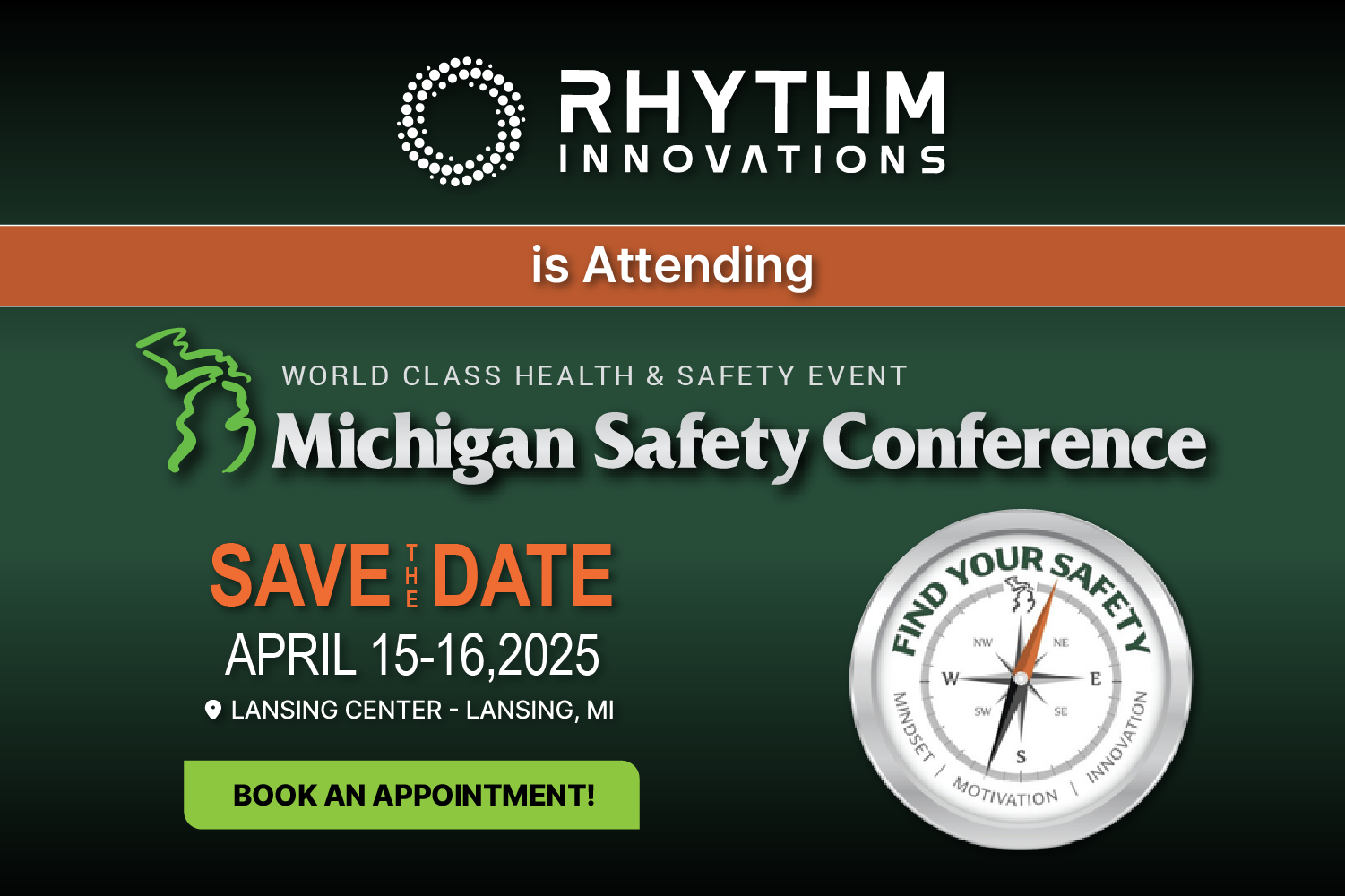Why is product environmental compliance becoming increasingly important?

According to Compliance & Risks, global product regulations have surged 84% in recent years. This surge has prompted a growing demand for software solutions to clarify the regulatory landscape and streamline compliance processes. Such solutions have become indispensable for companies seeking to navigate the intricate web of regulations efficiently.
One of the notable trends accompanying this regulatory expansion is the emergence of ESG-aligned product regulation. Environmental, Social, and Governance (ESG) considerations have moved beyond ethical concerns and are now integral to compliance requirements. This shift led manufacturers to integrate sustainability into compliance strategies, acknowledging the link between compliance and sustainability.

Drivers of Change
Several factors have fueled the rise of Product Environmental Compliance in Corporate America:
- Regulatory Pressures: Governments worldwide are tightening environmental regulations and imposing stricter standards on industries to curb pollution, reduce carbon emissions, and promote sustainability. Non-compliance can result in hefty fines, reputational damage, and even legal action, compelling companies to prioritize environmental compliance.
- Consumer Demands: Today’s consumers are increasingly environmentally conscious, demanding products that are both high quality and environmentally friendly. They scrutinize companies’ environmental practices and favor brands committed to sustainability. Businesses integrate environmental considerations into their product development and marketing strategies to stay competitive and maintain consumer trust.
- Supply Chain Sustainability: As supply chains globalize, companies face increased scrutiny over the environmental impact of their entire supply chain, not just internal operations. Suppliers face stricter ecological standards, prompting businesses to ensure transparency and accountability in supply chains.
- Investor Expectations: Institutional investors emphasize environmental, social, and governance (ESG) factors when making investment decisions. Companies with solid ecological performance are viewed as less risky and more attractive investment opportunities. Consequently, businesses are pressured to improve their environmental credentials to attract investment and enhance shareholder value.
Benefits of Product Environmental Compliance
Embracing Product Environmental Compliance offers numerous benefits to businesses:
- Risk Mitigation: By ensuring compliance with environmental regulations, companies can mitigate the risk of fines, penalties, and legal liabilities associated with non-compliance.
- Enhanced Brand Reputation: Adopting sustainable practices and offering environmentally friendly products can enhance brand reputation, attract environmentally conscious consumers, and foster brand loyalty.
- Cost Savings: Improving energy efficiency, reducing waste, and optimizing resources can lead to significant cost savings over time, enhancing profitability and competitiveness.
- Access to New Markets: By meeting environmental standards and certifications, companies can gain access to new markets and capitalize on the growing demand for sustainable products and services.

How Rhythm Innovations Can Help
Compliance grows, and businesses are seeking innovative solutions to navigate the complexities of sustainability within their supply chains. At Rhythm, we offer sophisticated solutions to address these challenges. Our software empowers businesses with comprehensive risk assessments, real-time environmental monitoring, supplier collaboration, data-driven decisions, and tailored compliance solutions. By partnering with us, you can streamline your environmental compliance efforts, reduce risks, and pave the way for a sustainable future. Explore further on sustainability in the supply chain by clicking here.


